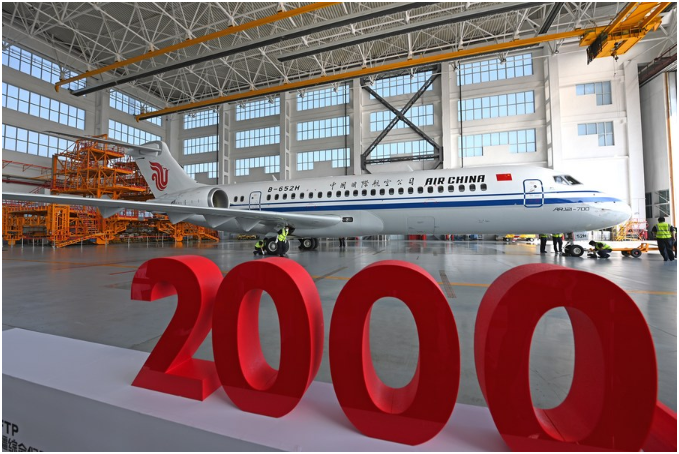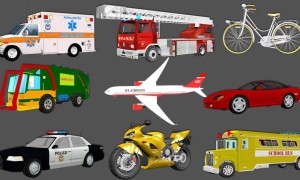TIANJIN, July 31 (Xinhua) -- A newly-leased plane was delivered on Friday in Dongjiang Free Trade Port Zone (DFTP) in the northern Chinese municipality of Tianjin, marking the 2,000th aircraft on lease since aviation leasing business began in the zone in 2009.
Aircraft leasing is increasingly becoming the preferred option in the global civil aviation industry.
In China, out of 4,054 registered passenger planes by the end of 2021, 62 percent were leased, up from 35 percent in 2010, statistics showed.

"Leasing allows airlines to reduce cost and expand route layout and have more flexibility with capital and liquidity," said Yang Liu, head of the zone's administrative committee. "This also helps to promote the development of the civil aviation industry."
While the global aviation industry experienced a sharp drop in business after the outbreak of the pandemic, DFTP still logged a rise in the aircraft financial leasing sector, with over 170 new planes leased in 2021.
By 2021, 15 Chinese-funded aircraft lessors were among the world's top 50, up from just one in 2009.
The maturing of leasing companies have also contributed to the growth of China's civil aviation industry. The 2,000th leased aircraft is an ARJ21 passenger aircraft developed by the state-owned plane-maker Commercial Aircraft Corporation of China (COMAC).
"So far a total of 68 ARJ21 aircraft have been delivered, of which 80 percent are on lease," said Huang Zuhuan, director of the strategy and management innovation department & aircraft finance department of COMAC.
"With more and more Chinese leasing companies joining the market, the voice and bargaining power of these companies have been getting stronger, which has also helped reduce the cost of aircraft procurement," said Li Peng, deputy CEO of ICBC Aviation Leasing.
"The annual rental rates that airlines pay for the same type of aircraft have been falling, from 10 percent in 2010 to about 7 percent so far," Li added.
ICBC Aviation Leasing now has business with more than 80 airlines in 38 countries and regions. "Emerging markets, especially countries and regions along the Belt and Road, are the focus of our business development," noted Li.







